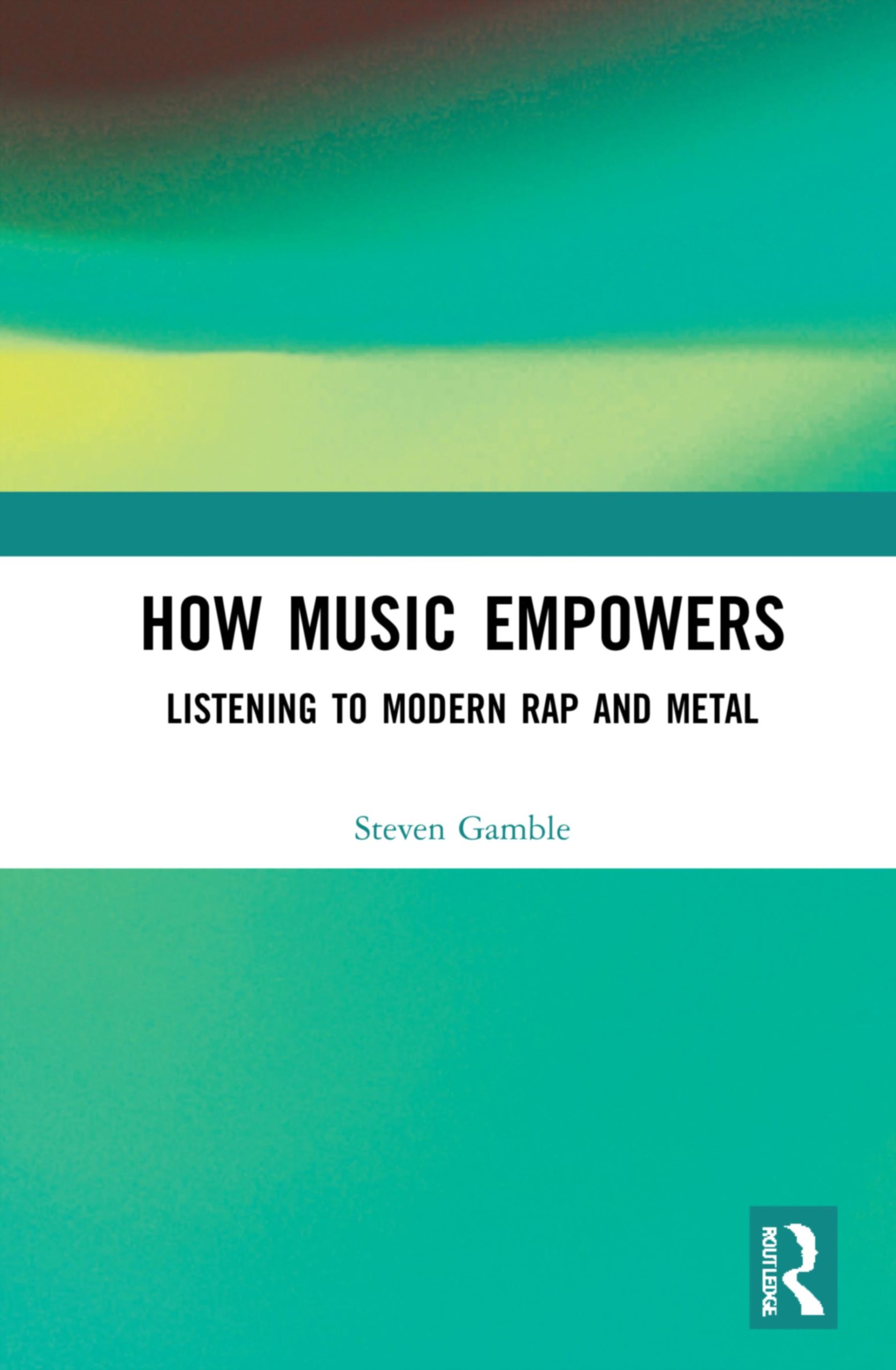About The Book
How Music Empowers argues that empowerment is the key to unlocking the long-standing mystery of how music moves us. Drawing upon cutting-edge research in embodied cognitive science, psychology, and cultural studies, the book provides a new way of understanding how music affects listeners. The argument develops from our latest conceptions of what it is to be human, investigating experiences of listening to popular music in everyday life. Through listening, individuals have the potential to redefine themselves, gain resilience, connect with other people, and make a difference in society.
Applying a groundbreaking theoretical framework to postmillennial rap and metal, the book uncovers why vast numbers of listeners engage with music typically regarded as ‘social problems’ or dismissed as ‘extreme’. In the first ever comparative analytical treatment of rap and metal music, twenty songs are analysed as case studies that reveal the empowering potential of listening. The book details how individuals interact with rap and metal communities in a self-perpetuating process which keeps these thriving music cultures – and the listeners themselves – alive and well.

J Hurley and Ben Marvin of rap metal band Hacktivist (photo: Henry Laurisch)
How Music Empowers will interest scholars and researchers of popular music, music theory, ethnomusicology, music psychology, music therapy, and music education.
The hardback and ebook are available now from Routledge (Taylor & Francis) and other retailers.

Featured Artists
Can music really change the world?
How Music Empowers answers: Yes, because it changes us.
Reviewers said:
‘fascinating reading, effective both in dissecting the “magic” of music, and in conveying its power’ (Stefano Barone, Popular Music & Society)
‘intuitive and accessible […] Gamble’s weaving together of how individual listeners, musical communities, and genre conventions interact with each other marks an interesting intervention into sticky debates over the relationship between popular music and social change.’ (Olivia R. Lucas, Popular Music)
About the author

Dr. Steven Gamble is a researcher of music and culture based at the University of Bristol. He has held fellowships funded by the European Commission’s Horizon 2020 scheme and the Leverhulme Trust.
How Music Empowers is the product of ten years researching how rap and metal makes listeners feel, involving studies at the University of Surrey, University of Oxford, and Kingston University London. PhD training was supported by the Arts and Humanities Research Council consortium TECHNE.
His research expertise in listening and music communities informs the book’s approach, addressing rap and metal from an insider perspective to illuminate their empowering possibilities.

